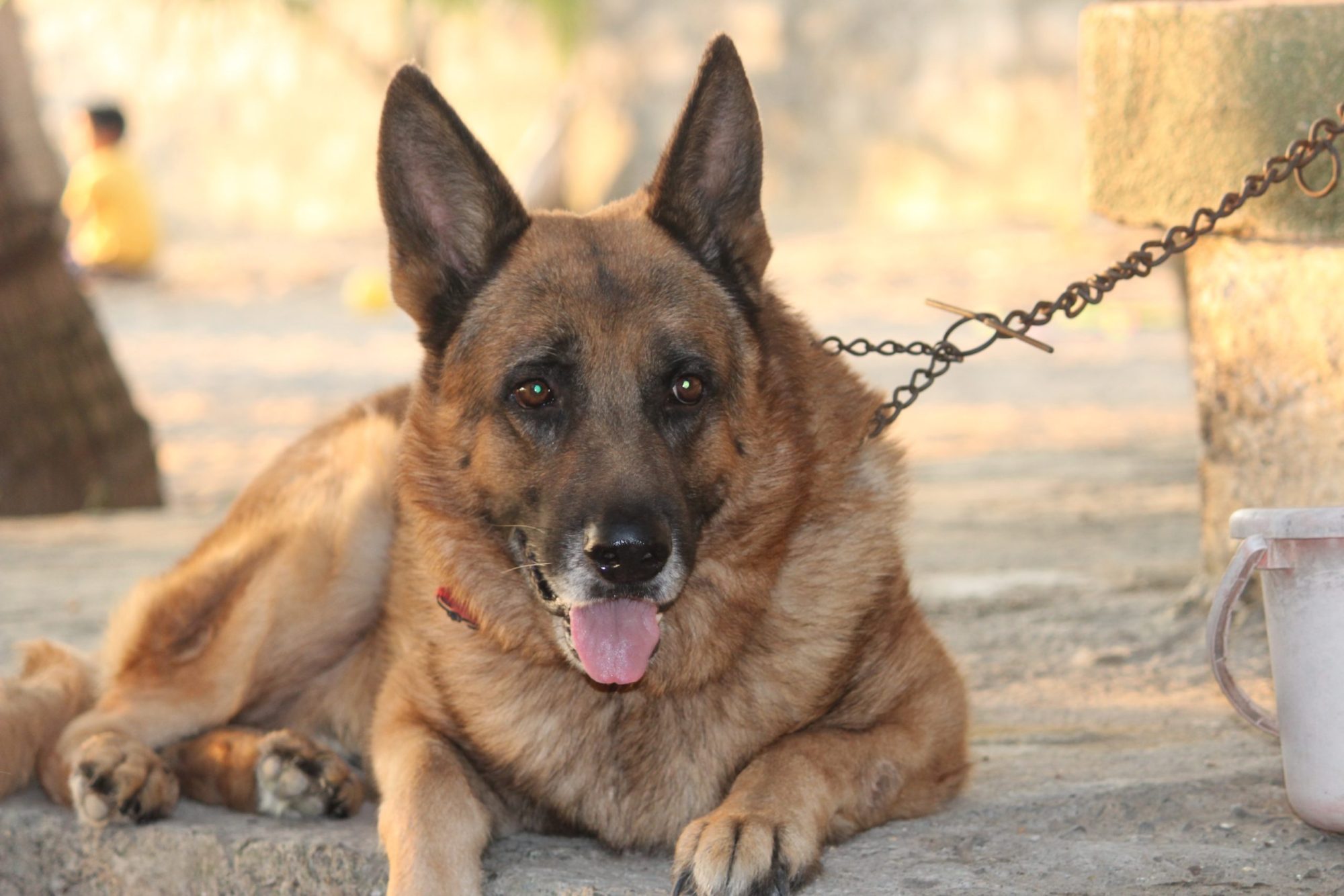
Table of Contents
You may be surprised, but the plain truth is that pets in Germany live like kings. We would say pets are the most privileged non-human beings in Germany. However, the country has put forth stringent measures and laws to regulate owning, selling, and transportation of pets across the country. Therefore, it is important that other than having the resources to bring up a pet, you also get to learn about what it entails to own a pet.
Arriving in Germany with your pets – Basic immigration laws
Before flying your pet to Germany, you must check with the airline first if it allows small pets into the cabin. Occasionally, if not permitted, you can use airline-approved travel containers to ferry your small buddy.
Different states in the country also have specifications on the kind of dog breeds that they allow to enter the airport. Pets that are less than fifteen weeks of age are not allowed into Europe, but the immigration laws allow up to five older pets. The only exception is for family use and not commercial purposes.
The EU has strict rules about the transportation of animals from non-EU to EU countries for both personal and commercial reasons.
The pets that ate approved by the German Customs Office include horses, guinea pigs, cats, dogs, rabbits, and other rodents which don’t belong to a rare species. The kinds of birds allowed include parrots, parakeets, and carrier pigeons.
Banned breeds in Germany
Not all dog breeds are allowed in this country. You may not be able to bring your pet if they are one of the following breeds (or a mix of one):
- Pit Bull Terrier
- American Staffordshire Terrier
- Staffordshire Bull Terrier
- Bull Terrier
- Rottweilers (not banned, but subject to a viciousness test)
Passports for your pets
Germany is a member state of the European Union. All European Union pet owners must carry a pet passport if traveling to any EU state in the company of their pets. The passports are authorized by registered medical practitioners who issue a microchip identification number for the pet. Other important information in the passport may include contact details of the owner, pet description, and vaccination catalog.
Adopting pets in Germany
Animal welfare is taken seriously in Germany. Besides paying the adoption fee for a pet, you will need to answer several questions and go through thorough paperwork and evaluation to adopt a pet.
Pets are adopted from animal shelters that are all over major cities. Pets available for adoption are certified and permitted to travel to other European Union countries as they have passports.
They are also vaccinated and have microchip tagging. Additionally, also note that the adoption officers may conduct a physical examination of your home to establish proof of residence and the living conditions for the pet.
Veterinarians in Germany
Once you have successfully gone through the adoption process of a pet, you must register the pet to a local veterinary center. It will be easy to give proper medical attention when there is a need and also keep track of the vaccinations. Veterinary centers are all over major cities and towns of Germany.
Dog tax (Hundesteuer) and Insurance
Hundesteuer, the native name for dog tax, is a must for all dog owners in Germany. Dogs in Germany must be registered at the local town hall and dog tax (Hundesteuer) must be paid. However, the tax does not apply to any other pets but dogs. Rescue and service dogs get an exemption from the charges or even get a waiver once in a while.
Pet health insurance in Germany
The country also has Insurance for pets, which is great as you will spend less when seeking veterinary services.
Since medical costs can get pretty expensive, consider signing up for German pet health insurances (“Tierkrankenversicherung”). You’ll still need to pay for vet visits out of pocket, but your insurance will then refund you for standard procedures and operations.
Rented accommodation with pets in Germany
It is a requirement by law that you register your pet with your landlord. While many landlords don’t have a problem, some will actually sue you, and that sees you on the bad side of the law. If you get into problems with authority you will be running a risk of getting deported.





































